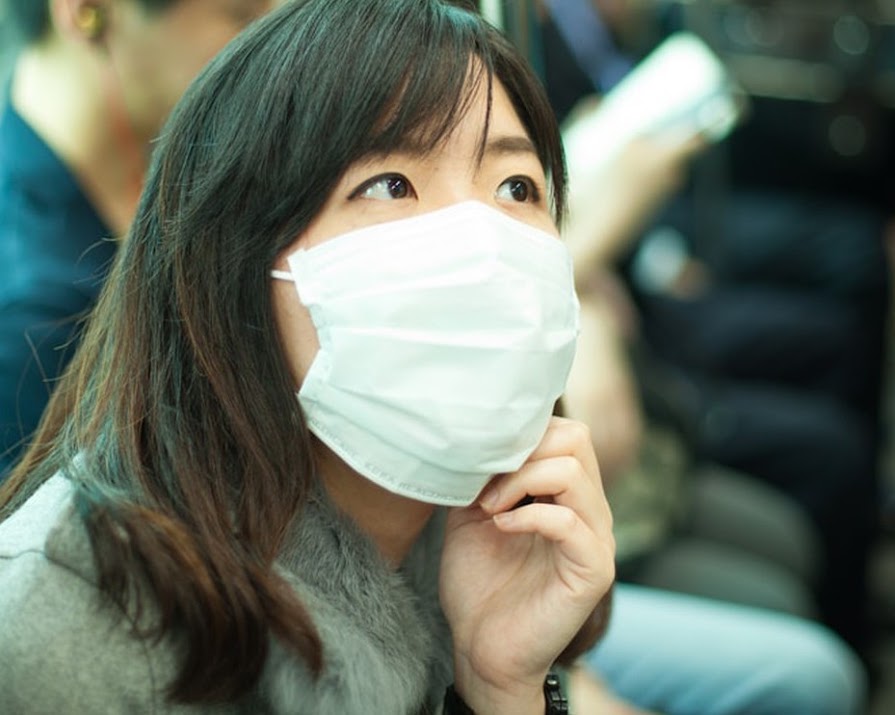By Grace McGettigan
31st Jan 2020
31st Jan 2020
The novel coronavirus has just been confirmed in the UK – here’s what we know so far
Two people in the UK have tested positive for the coronavirus, health officials have confirmed. It has been reported that both people are from the same family in England and are currently receiving specialist care by the NHS.
The news comes as the death toll in China reaches 217, with approximately 10,000 cases reported across the country. The coronavirus has now reached at least 18 countries across the globe, including France, Germany, the USA, Canada and Australia.
On Thursday night, the World Health Organisation declared this outbreak a global emergency. In a statement, chief medical officer for England Chris Whitty said, “The NHS is extremely well-prepared and used to managing infections and we are already working rapidly to identify any contacts the patients had, to prevent further spread.
“We have been preparing for UK cases of novel coronavirus and we have robust infection control measures in place to respond immediately.”
What is the coronavirus?
This coronavirus is part of a larger family of coronaviruses.
As this particular strain has never been identified in humans before, it is described as ‘a novel coronavirus’. Another well-known strain was SARS (or Severe Acute Respiratory Syndrome), which was on-the-go in Ireland in 2003.
According to the WHO, common symptoms include fever, cough, shortness of breath and breathing difficulties. In more severe cases, the infection can lead to pneumonia, severe acute respiratory syndrome, kidney failure and even death.
As with the flu, those most severely affected by the coronavirus already have weak immune systems. For that reason, the elderly community and those with underlying health conditions (such as heart problems or diabetes) are more vulnerable.
This strain can be transmitted from person to person in the same way a cold or flu would be. To prevent further spread of infection, health officials recommend regular hand washing, as well as covering your mouth and nose when coughing and sneezing. They also recommend avoiding close contact with anyone showing signs of respiratory illness.
There is currently no known cure or vaccine.
Photo: Pexels























